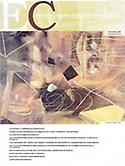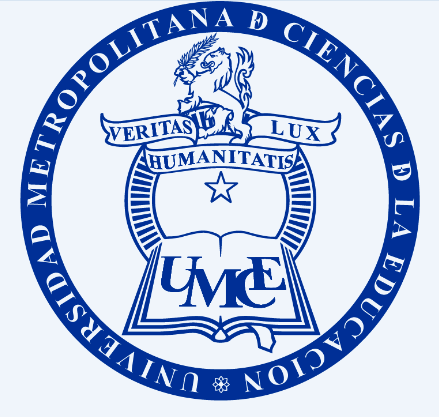Main Article Content
Dec 2, 2024
Abstract
This research presents the results obtained from a questionnaire applied to a sample of teachers from Osorno during 2006 -2007. The objectives of this sudy are the following: to identify the lacks and needs o f the teaching staff conceming assessment
issues; to determine the needs of the teaching staff regarding assessment according gender; to establish formative lacks on assessment compared to the years of professional experience; to identify the lacks and needs o f the teaching staff in assessment issues according to the educational level and the dependence. The sample was constituted by 284 elementary and
secondary teachers belonging to public, semi-public and private schools in Osorno. The questionnaire was formed by two types of questions: the first was a múltiple choice item -with 11 possible answers- and the second one was open in order to express what the teachers thought about their own lacks on the issue. The answers of this questionnaire were grouped in
three different needs: to be informed on assessment “theory”, to have a variety of assessment instruments ready to apply in the students, and to have training on the elaboration and interpretation of these assessment instruments. These three aspects concern three dimensions: teacher staff, student body and curricular project. It can be concluded that, according the teachers’
answers, the major lacks are related with the elaboration of assessment instruments and the capacity to use them as tools to analyze the teaching-leaming process and the curricular project. The teachers recognized it is necessary to be supplied with methods and instruments to evalúate sistematically objectives related to attitudes and procedures. They also manifested their major need is to establish the relation among objectives, criteria and instruments when assessing. It has been proven that the teacher staff has assumed the concept of assessment and the need of having in struments, not only to assess the s tu d e n ts ’
performance, but also to assess other contents and implicit dimensions in the school tasks; that is why the most impopular choice was “instruments to assess the student performance only”. We are interested in highlighting the dispersión present
in the answers of novel teacher, as in the ones with more than 20 years of experience. The teachers in these levels State great interest in leaming to elabórate and use instruments to analyze the whole educational process. They do not favor the ready-to-use instruments. On the one hand, there is great interest regarding one of the most popular answers among the teachers (the need to leam to assess procedures and attitudes). On the other hand, it is significant for us that the altemative
“instruments to assess the students’ performance only” had its highest percentage of choice among teachers with more than 25 years o f experience. Finally, it can be concluded that the teacher staff feels concemed about assessment, but it lacks of means to carry it out properly. The teachers’ formation is poor in the design of assesment and interpretation techniques
of the results obtained and in the making-decisions process to determine what are the most adequate instruments for every situation. Traditionally, it has been given greater importance to the tests that measure the students’ performance and to the reproduction of the assessment applied to the teacher.
References
Hernández, F. ed. “Las carencias formativas del profesorado en cuestiones de evaluación" en Bordón. 51.(1) Universidad de Murcia. Murcia pág. 31-38, 1999.
Martínez, P. ed. Aprendizaje competencias y rendimiento en educación superior. Murcia: Ed. La Muralla, s.a. Pág.79-110. 2005
Sepúlveda A, ed. Cómo perciben los estudiantes la evaluación en la Universidad: un estudio en las carreras pedagógicas de la Universidad de Los Lagos. Osorno: Cuarta Jomada de investigadores en educación ULA, 2005.
Sepúlveda, A. ed. Técnicas y estrategias para trabajar en la sala de clases. Osomo: ULA. Pág. 53-120, 2004.


